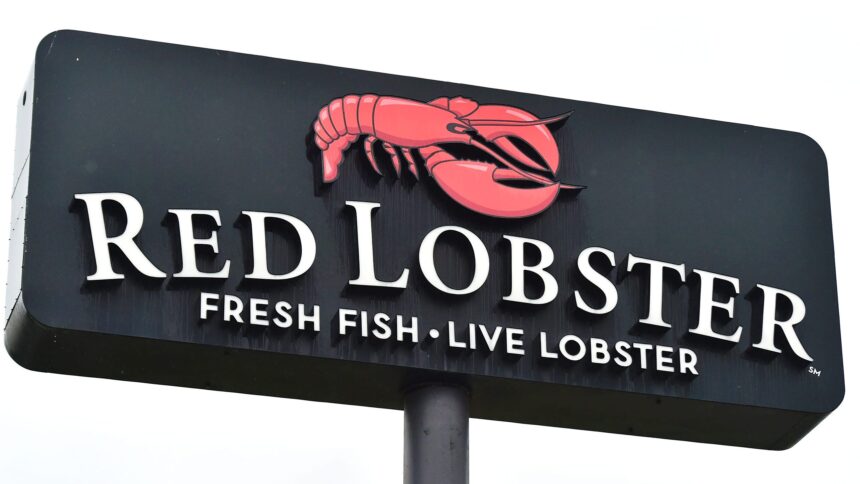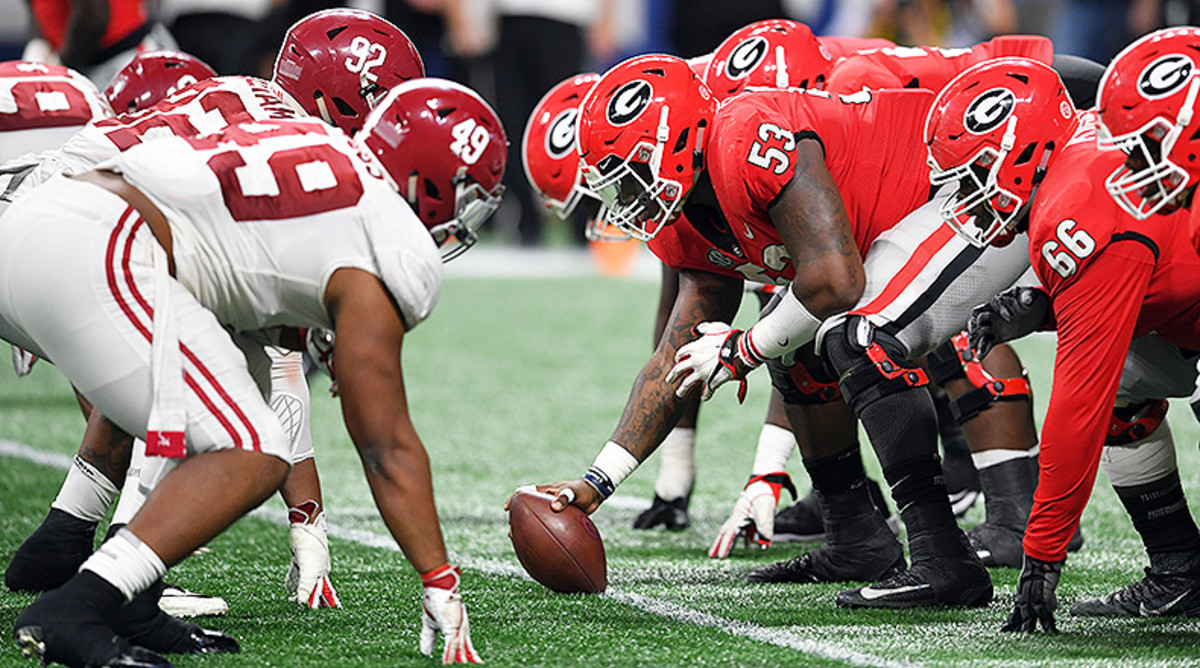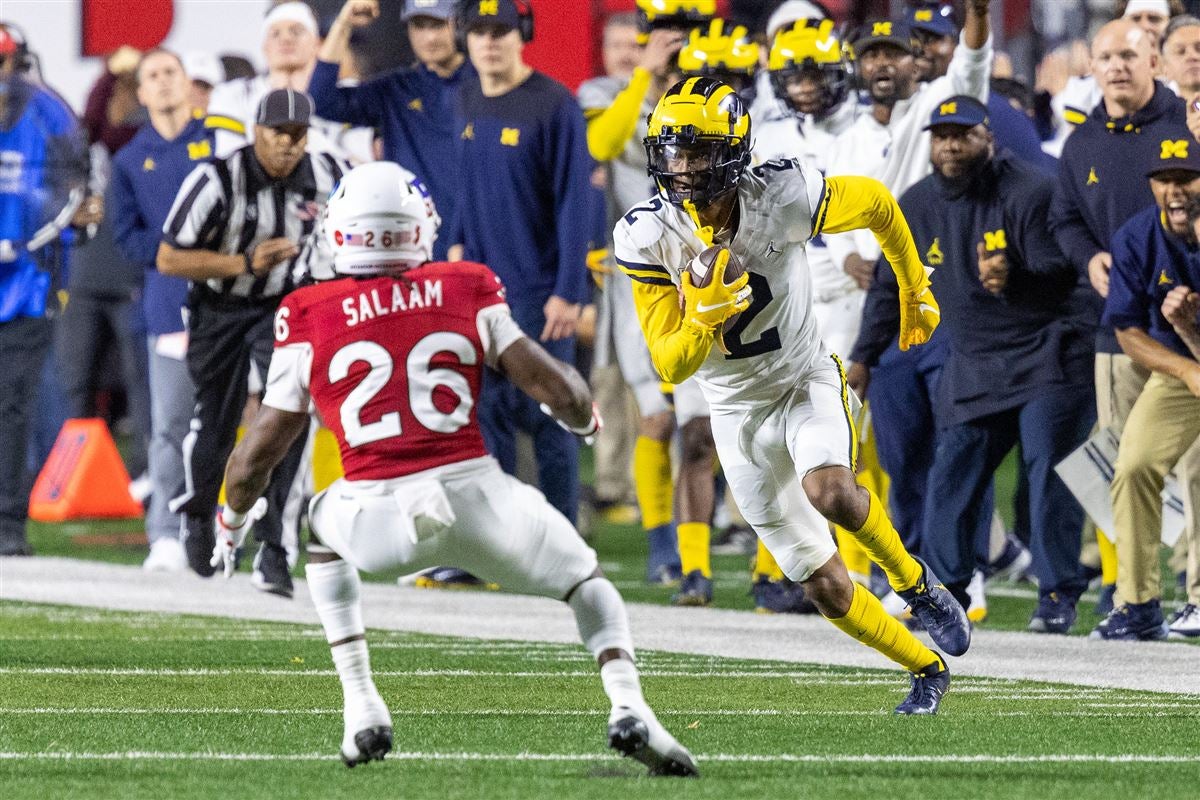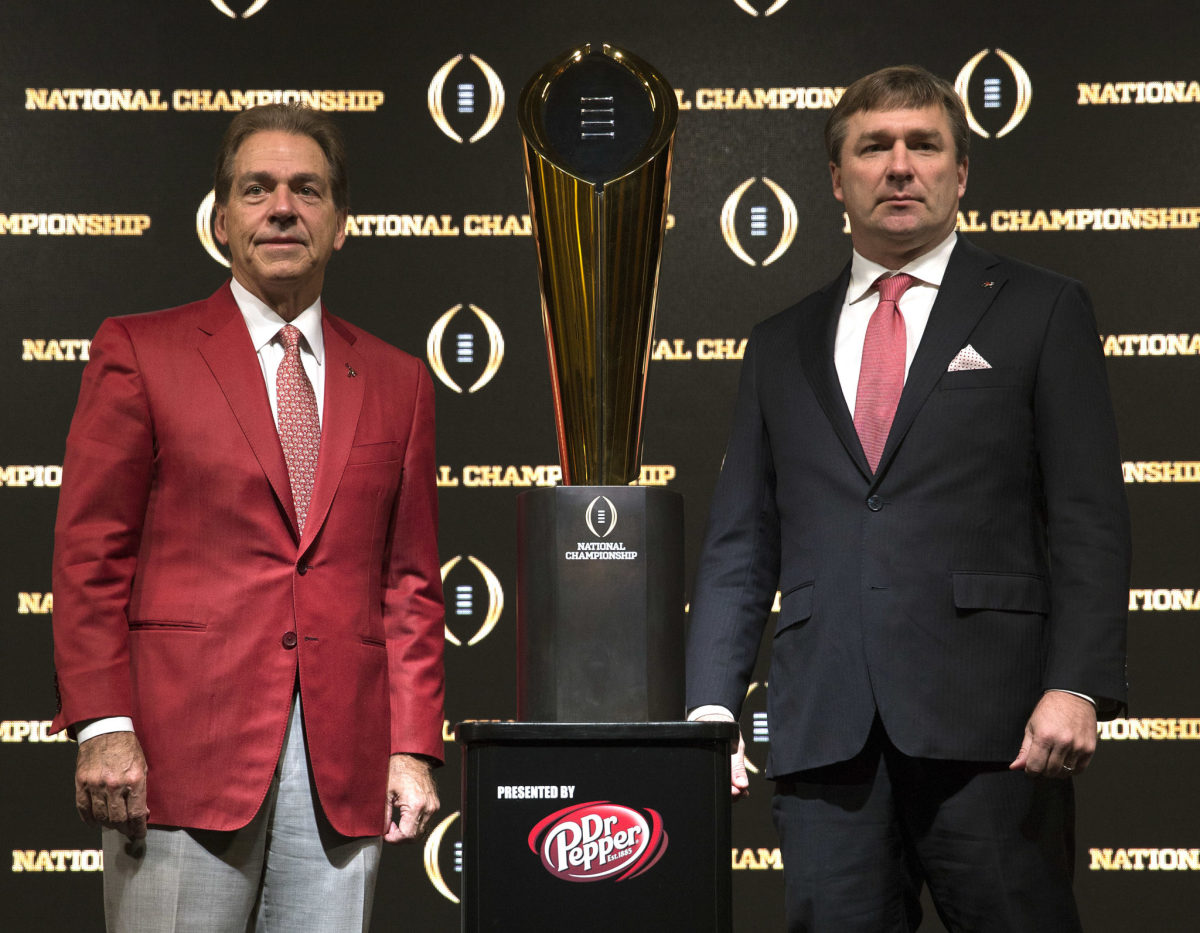The Rise of Private Equity in College Athletics: A Risky Financial Game

Amidst recent rumors of Red Lobster's downfall being linked to their all-you-can-eat shrimp, the real story reveals a tale of financial distress and acquisition by private equity. The new owners made financial moves that led to the chain's bankruptcy, echoing a familiar tune in American business.
This trend continues as private equity firms now set their sights on the world of college sports. College Athletic Solutions has emerged, offering cash injections to athletic programs in exchange for restructuring and future profit-sharing, a strategy that raises concerns about the future of college athletics.
Former athletes like Drew Weatherford spearhead these initiatives, promising immediate financial solutions without requiring repayment. The allure of easy money may prove too tempting for college administrators facing financial strains brought on by recent changes in athlete compensation.
The lack of foresight and tough decision-making in the college sports landscape has paved the way for private equity to swoop in with quick fixes and financial incentives. The cycle of financial mismanagement may continue as administrators prioritize short-term gains over long-term stability.
With the specter of private equity looming over college athletics, the future holds uncertainties and risks similar to those faced by businesses like Red Lobster. Without careful consideration and a commitment to sustainable practices, college sports could find itself on a precarious path towards financial instability.



